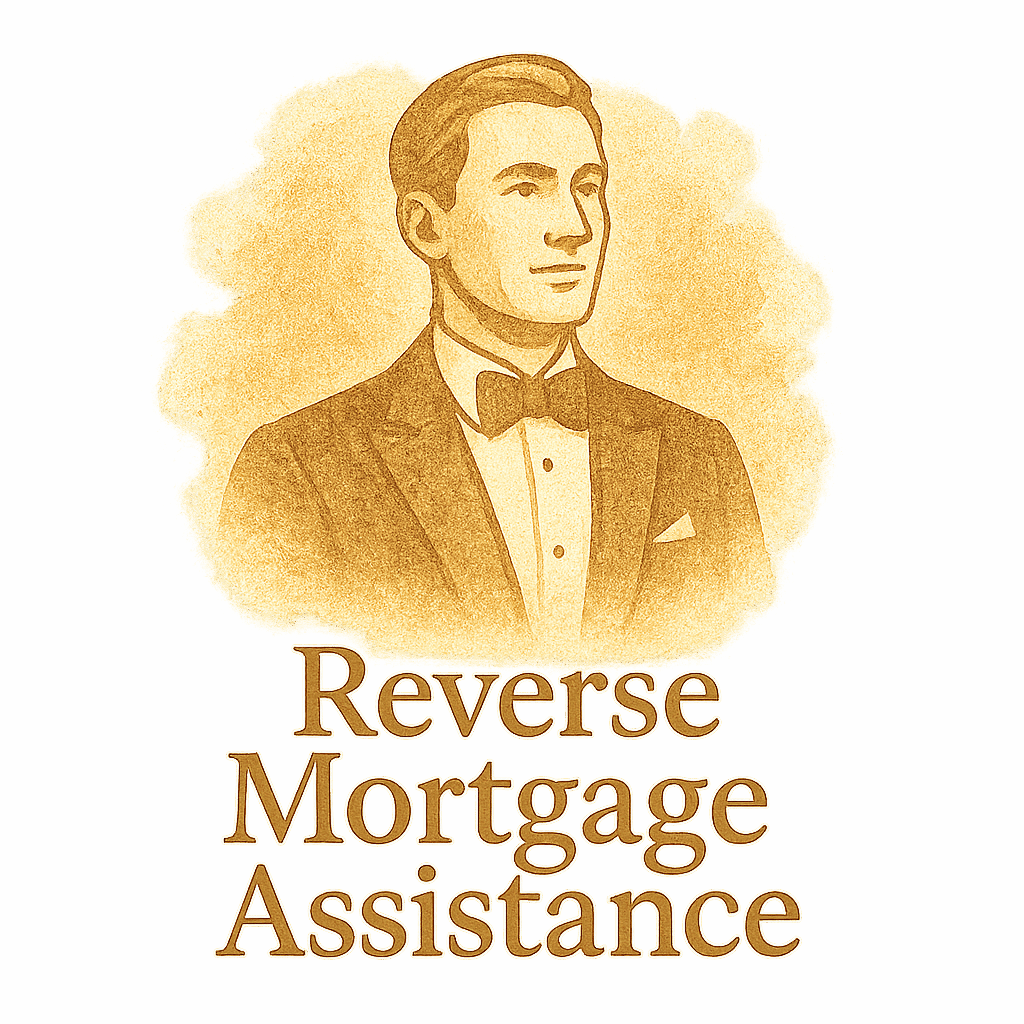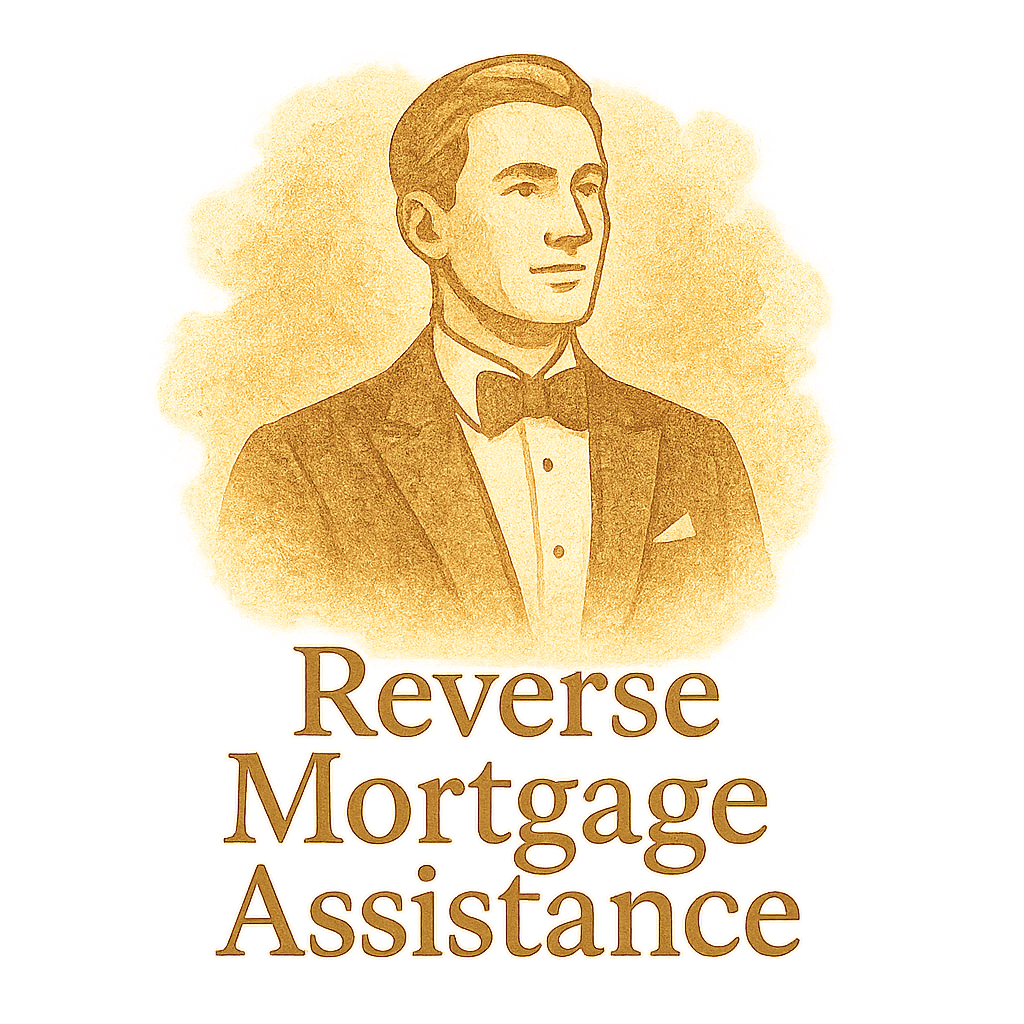Applying for a reverse mortgage isn’t as simple as signing a few papers and collecting your payout. There are legal hoops you’ve got to jump through to make sure everything is by the book—and that you’re truly protected.
In this guide, we’re breaking down the 10 legal requirements every reverse mortgage applicant must meet before sealing the deal. Let’s get into the nitty-gritty so you can move forward confidently.
What Is a Reverse Mortgage?
A reverse mortgage is a special type of loan that allows homeowners aged 62 or older to convert part of their home equity into cash without having to sell or move. It’s a financial tool often used in retirement planning, especially by seniors looking to stretch their nest eggs.
Want a crash course on how reverse mortgages work? We’ve got a full breakdown in our Reverse Mortgage Basics article.
Why Legal Requirements Matter
Sure, the promise of tapping into your home equity sounds great—but without knowing the legal ropes, you could find yourself tangled in a financial mess. That’s why it’s crucial to understand the key legal requirements tied to reverse mortgage applications.
1. Age Requirement
Must Be 62 Years or Older
This is non-negotiable. Reverse mortgages are only available to homeowners who are at least 62 years old. If you’re applying jointly with a spouse, both of you must meet the age requirement.
This age rule is rooted in federal policy, so there’s no wiggle room here. It helps protect lenders and ensures that this loan type remains tailored to retirees.
2. Primary Residence Rule
Home Must Be Your Main Residence
You must live in the home as your primary residence. Second homes, vacation homes, and rental properties don’t qualify. This means you need to reside in the home for more than half the year.
We cover more details about how residence affects mortgage planning in our Mortgage Planning guide.
3. Ownership Status
Home Must Be Owned or Nearly Paid Off
You either need to own your home outright or have a very low mortgage balance that can be paid off with proceeds from the reverse mortgage.
This is where loan comparison tools can be helpful. They show if a reverse mortgage makes financial sense compared to other options.
For in-depth comparisons, visit our tag page on Loan Comparison.

4. Financial Assessment
Ability to Pay Taxes and Insurance
Lenders are legally required to assess whether you can afford property taxes, homeowner’s insurance, and maintenance costs. If not, they may set aside funds (a “set-aside”) from the loan to cover these costs.
This requirement was added to reduce the risk of foreclosure, especially among seniors on fixed incomes. To dive deeper into mortgage readiness, check out the Preparation resources.
5. HUD-Approved Counseling
Mandatory Counseling Session
Every applicant must attend a HUD-approved counseling session before applying. This helps you fully understand the financial and legal implications of a reverse mortgage.
What to Expect in the Counseling Session
- Review of personal finances
- Explanation of loan terms
- Discussion of alternatives
- Overview of risks
It’s not just a hoop to jump through—it’s a safety net. Explore this further in our Mortgage Myths and Truths article.
6. Legal Documentation
Proper Legal Ownership Documents Are Essential
You’ll need to show legal ownership of your home. That means the title must be in your name (or in a qualifying trust). Any unresolved legal issues—like liens or disputes—can delay or cancel your application.
Explore more legal terms at our tag page on Contracts and Legal Terms.
7. No Federal Debt Default
Clean Federal Financial Record Required
If you’ve defaulted on federal debt—like student loans or tax obligations—you may not qualify for a reverse mortgage unless those debts are paid off or otherwise resolved.
This falls under federal lending regulations and helps protect both you and the lender. You can learn more in our Legal & Regulatory center.
8. Property Standards
Home Must Meet FHA Guidelines
The property has to meet HUD and FHA standards. That means no structural issues, code violations, or major deferred maintenance.
Repairs and Inspections May Be Needed
Some homes may require repairs before the loan can go through. This could delay the process but ensures the home is safe and livable.
For real-world examples of how this plays out, browse our Mortgage Case Studies.
9. Legal Capacity to Sign Contracts
Mental Competency Is Mandatory
You must be legally competent to enter into a financial agreement. If there’s concern about memory loss or cognitive issues, the lender may require medical documentation or power of attorney paperwork.
Check out our guide on supporting Seniors in the mortgage process.
10. Compliance with Federal and State Laws
Reverse Mortgage Must Follow All Legal Regulations
In addition to federal rules, each state has its own laws regarding reverse mortgages. Some have cooling-off periods, additional counseling requirements, or outright bans on certain loan types.
That’s why working with a knowledgeable advisor is key. Learn more on our Retirement planning page.
Legal Pitfalls to Avoid
Common Legal Misunderstandings
- Believing you lose home ownership (you don’t!)
- Assuming heirs lose everything (they have options)
- Not disclosing all property debts
Many of these myths are debunked in our Mortgage Myths & Truths section.
Smart Legal Planning for Reverse Mortgages
Consider Legal Help and Long-Term Planning
A reverse mortgage isn’t just a loan—it’s a financial commitment. Consider meeting with an elder law attorney or estate planner to map out the long-term implications.
For more about planning effectively, visit the Outcomes and Mortgage Planning sections of our site.
Conclusion
Reverse mortgages can be powerful financial tools—but only if you meet the legal requirements. From your age and homeownership status to counseling and property condition, each step is crucial to protect your investment and your future.
Understanding and meeting these 10 legal requirements doesn’t just keep you compliant—it sets you up for long-term success and peace of mind.
Ready to take the next step? Explore our complete resource center at Reverse Mortgage Assistance to dive deeper into planning your future.
FAQs
1. Can I apply for a reverse mortgage if I’m under 62 but my spouse is older?
Only the spouse who is 62+ can apply. But there are rules for “non-borrowing spouses” that may still provide protection.
2. What happens if I move out of the home?
You must live in the home as your primary residence. If you move out permanently, the loan becomes due.
3. Is counseling required for every applicant?
Yes, HUD-approved counseling is mandatory—even if you’ve done it before.
4. Can I be denied a reverse mortgage for bad credit?
Yes. While credit isn’t the only factor, the lender will review your financial standing to ensure you can cover property-related expenses.
5. Do I still own my home after taking a reverse mortgage?
Absolutely. You keep the title; the lender just places a lien for repayment purposes.
6. What happens to my reverse mortgage when I die?
Your heirs can repay the loan, sell the home, or walk away if the loan balance exceeds the home value.
7. Can I cancel a reverse mortgage after signing?
Yes. Federal law gives you a three-day right of rescission after closing, during which you can cancel the loan.


